Our Advisory Board
The NexSM program benefits from the support of 13 preeminent actors, who together bring extensive expertise in the fields of immigration and/or digitalization and technology to add wide-ranging value to the program. The members serve to represent civil society, politics, philanthropy, think tanks, and administration across Germany, Austria, and Switzerland. The advisory board meets twice annually and advises the project team on groundbreaking decisions relating to the program, as well as providing a network for the topic at hand.
Maria-Cecilia Quadri
Co-Director at the Institute New Switzerland (INES)
“Widely concentrated in the Global North and West, digital technologies and powerful tech companies often reinforce social inequalities. Yet at the same time, they provide a platform for people with a migrant background and multiple cultural identities to maintain and grow their own personal networks and, more broadly, self-organize, for example to stand up for their rights. As such, digitalization also has a certain emancipatory potential that we absolutely must exploit.”
Katarina Niewiedzial
Commissioner of the Berlin Senate for Integration and Migration
“My job is to steer the Senate’s integration and migration policy and put it into practice. As part of this, I believe there must be a positive relationship between administration and civil society, and digital solutions hold enormous promise here! Multilingual information and communication services are an absolute must if we want to reach every single Berliner and invite them to get involved.”
Bettina Looser
Swiss Federal Commission on Migration (FCM)
“I believe digitalization is relevant because it has unique potential in the context of migration. That said, it is not without its challenges. On the one hand, digital media broaden access to key information and create avenues for new forms of self-empowerment and self-organization. On the other, there is a very real risk that migrants in precarious financial situations will become the ‘losers’ in the process of digitalization. I am interested in how we can positively harness digitalization to live together in a migration society.”
Prof. Dr. Jasper Tjaden
University of Potsdam
“Migration and digitalization are two key megatrends that will revolutionize our societies. Research must play a central role here.”
Dr. Deniz Nergiz
CEO of the German Federal Immigration and Integration Council
“Digitalization and ‘the digital’ are a part of everyday life – as for many are (unfortunately!) discrimination and racism. That’s why we can’t shy away from the conversation on how racist and discriminatory structures are also replicated in the debate around digitalization and the digital. All too often we ignore the reliance of migrant communities in particular on digital spaces and access. Far too little has been done for far too long – it’s high time we made digital spaces safer and more inclusive. This is important for everyone.”
Anne Kjaer Bathel
Co-Founder & CEO of ReDI School of Digital Integration
“We teach digital literacy to break down barriers and connect the experts of tomorrow.”
Markus Lux
Robert Bosch Stiftung
“If we want to improve participation among people with a migrant background, we must take both their needs and potential into greater account. Digitalization and new technologies are widely seen to drive social division, but they also open doors to strengthen overall social cohesion in societies characterized by migration. As a platform for education and exchange, NexSM is a shining example of this.”
Mümtaz Karakurt
CEO of Migrare – Center for Migrants Austria
“The digital transformation is bolstering networks and strengthening bonds. For many, it has never been easier to stay in touch. But amidst all this, those with no or limited digital access run the risk of exclusion. For migrants, digitalization is both an equalizer and a barrier to inclusion. We want to harness digitalization, developing new, innovative concepts into “comm structures”.
Torben Stephan
Stiftung Mercator Switzerland
“We want digitalization to center around people. We strengthen civil society so that it can help shape the digital world of tomorrow. We are committed to ensuring that people can make self-determined decisions about their personal data, that clear frameworks are in place to decide on algorithm use, and that a constructive culture of debate emerges online.”
Julia Teek
Robert Bosch Stiftung
“My interests lie in the intersections between immigration and digitalization. While exclusionary and discriminatory mechanisms do exist in the digital space, I also see incredible potential in migrant online communities for strengthening and shaping diverse societies. The NexSM project takes a much-needed holistic approach to guarantee real-world impact.”
Prof. Sandro Cattacin
Professor of Sociology at the University of Geneva
“In times of digitalization, the movement of people includes the opportunity to develop and maintain a sense of belonging to different places.”
Cornelia Barz
Austrian Integration Fund, Knowledge Management and International Affairs Team
“The outbreak of the Covid-19 pandemic has only further highlighted the importance of digitalization for migration. Digital and technological change alongside social media are a source of opportunity, potential, and risk for migrants, information conduits, and the majority population. This makes the NexSM project an important platform for debate on the opportunities and limitations of these technologies for all actors.”

